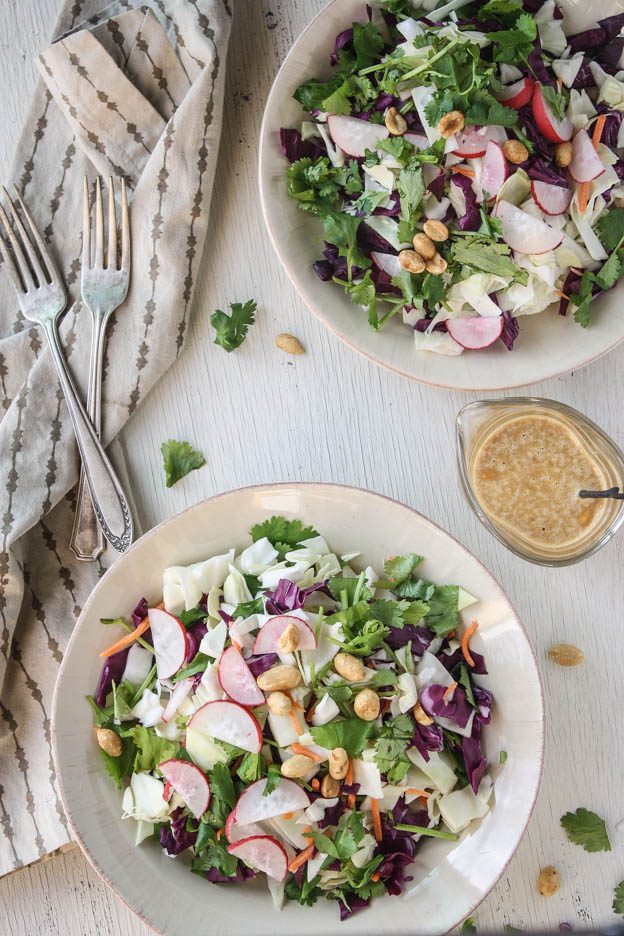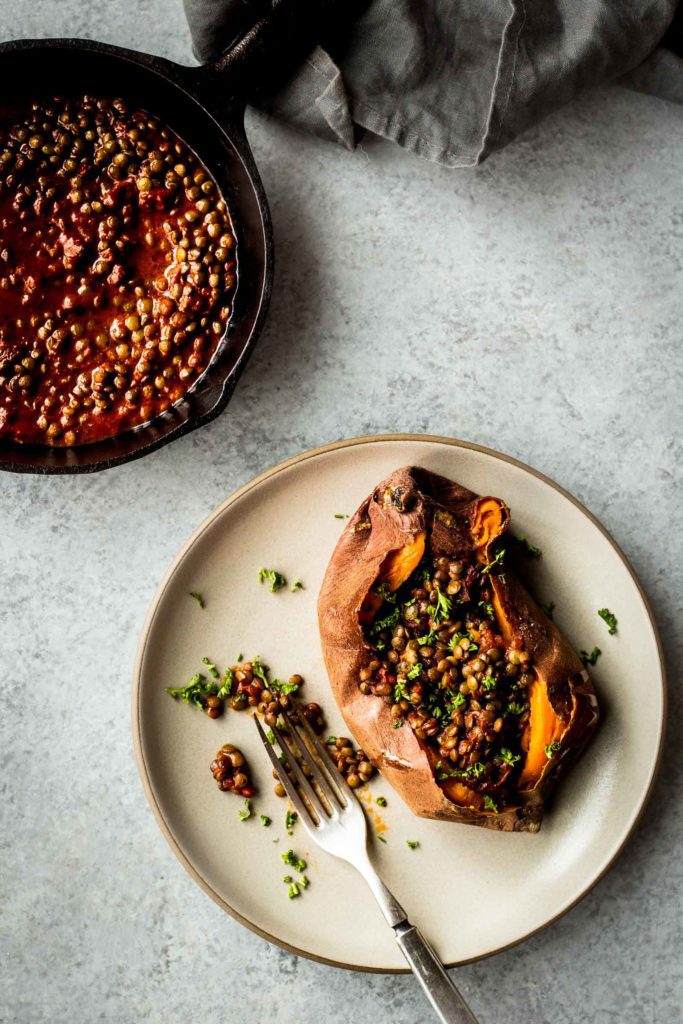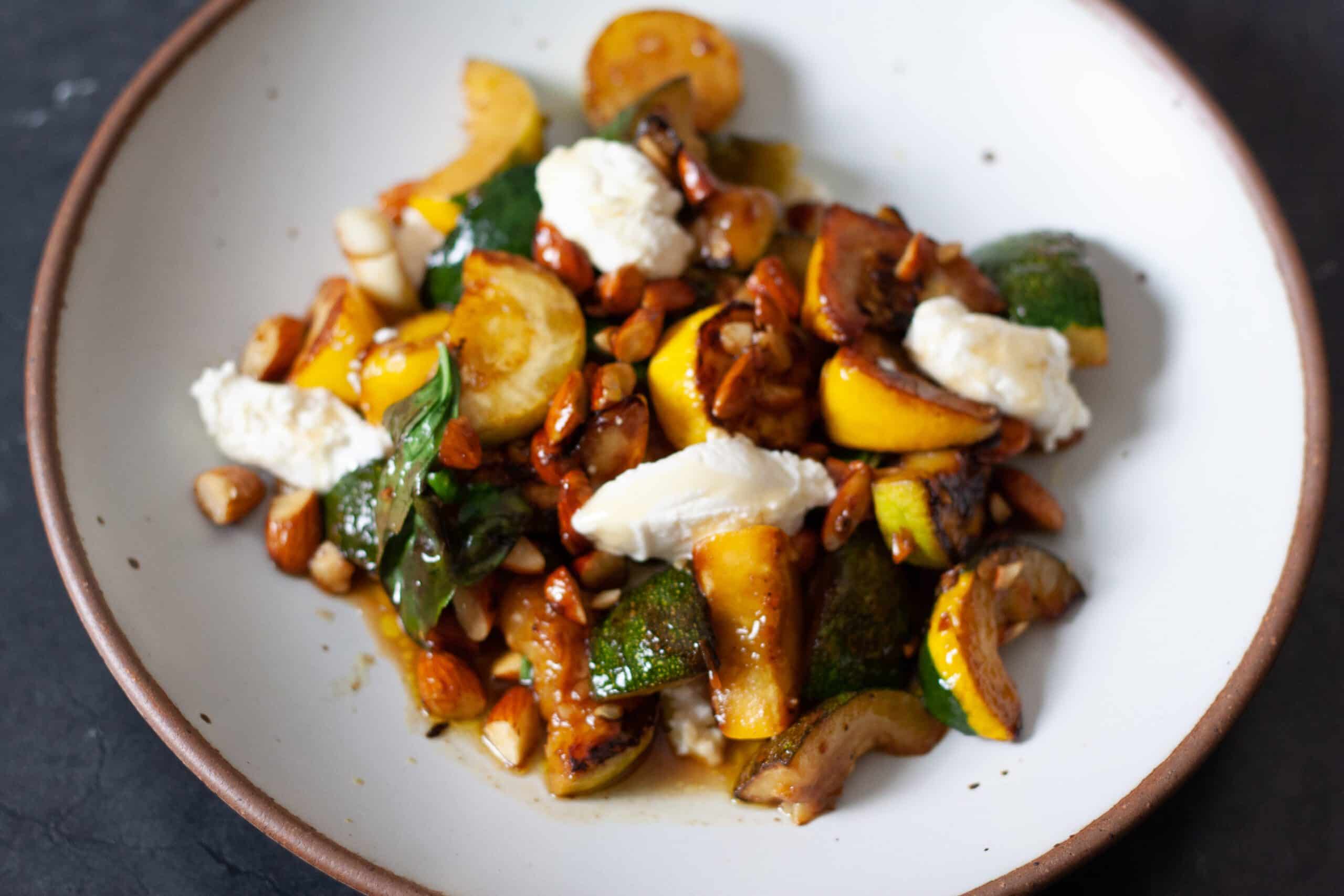Greetings, fellow Harvesters of Freshness!
Once again we gather to celebrate my Midweek Musings by delving into a topic of grim subject matter.

No, I won’t be addressing the perils of excessive pesticide use and synthetic chemicals prevalent in corporate agriculture. Instead, our focus today shifts to a more subtle menace; one that has silently existed since the beginning of time… naturally occurring toxins in our everyday fruits and vegetables. To launch this new program, we present a most nefarious culprit.
Join me as we uncover the truth behind why…..POTATOES ARE TRYING TO KILL YOU!!

Boil ’em, mash ’em, stick ’em in a stew; potatoes are universally loved by people around the world (and hobbits too!). If potatoes were a person, they would resemble your old college roommate, Alex. He’s just an effortlessly chill dude that sports Dave Matthews Band t-shirts and seems to have never been angry a day in his life. He’s the kind of guy that seems to be friends with just about everyone and always shows up with pizza when someone is moving into a new apartment. But what if I told you that Alex had a dark side? Remember when you two were discussing Russian composers and he mixed up Rachmaninoff with Shostakovich? I mean c’mon… How could you confuse Shostakovich’s haunting introspection with Rachmaninoff’s whimsy…? Utter blasphemy I tell you! Underneath Alex’s layers of ‘good vibes’ was an insecure, faux-cool poser.

…What were we even talking about? Ok. So what makes a potato so dangerous?
Its name is Solanine, and it is created by potatoes as a natural defense during photosynthesis or other physical traumas. When consumed in large quantities, solanine can cause gastrointestinal irritation which may be fatal if the poisoning coincided with other severe malnourishments. When a potato is exposed to sunlight, photosynthesis starts to take place which is a vulnerable part of a potato’s growth cycle. To safeguard itself against potential consumption by pests, the potato produces solanine which when consumed, this compound imparts a bitter taste accompanied by a distinct burning sensation.

Should you be worried the next time you take a heaping serving of Aunt Colette’s potato salad at the next family reunion? Not really, unless your aunt is one of those monsters that puts raisins in her potato salad. A potato should never be a problem unless you are actively seeking out green potatoes and eating them en masse. And as I stated earlier, the prognosis will not be grim unless the poisoning occurs tangentially with other ailments. At most, you might experience a tummy ache accompanied by uncomfortable cramping. If you are worried about the possibility of solanine poisoning with your potatoes, here are a few proactive steps you can take to make sure you tend to the trustworthiness of your tasty taters.
- Keep your potatoes in the dark. Sunlight causes photosynthesis which triggers the creation of solanine.
- Microwave or deep–fry your potatoes. Baking or pan frying doesn’t decrease solanine levels to the same extent that microwaves and deep frying do.
- Peel your potatoes. Solanine is only present on the surface of the potato. Peeling the potato physically removes the solanine from it.
- Taste a piece of raw potato. Solanine present in a potato will produce a very distinct bitter taste. You can test a batch before you begin cooking.
- Throw away any green potatoes. A green potato is a clear indicator of solanine in a potato. Just throw it away.

I hope this exposé of the covert ‘bad boy’ tendencies of the potato hasn’t turned you away from this carb-grenade of joy. Think of potato poisoning as that friend who’s always stirring up unnecessary drama. Cut ties with that negativity and enjoy a second helping of your aunt’s potato salad. Don’t let bitterness spoil your fun and keep life a-peel-ing!




